Nissan Will Launch an Electric Juke in Europe Next Year, Gas Version Stays
RobertAug 07, 2025, 11:53 AM
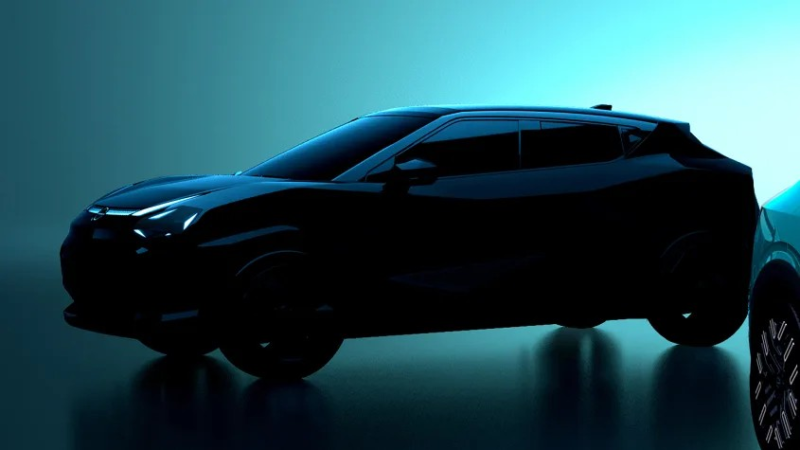
【PCauto】As the EV market gains ground in Europe, Nissan is rethinking how fast it wants to electrify the Juke, its iconic compact SUV.
Recent reports suggest the brand may be moving away from an all-electric strategy. Instead, it looks set to offer both gas and electric versions side by side.
Key Specs of the Upcoming Electric Juke
The third-gen electric Juke will ride on the CMF-EV platform developed by the Renault-Nissan-Mitsubishi Alliance. This is the same platform used in the Nissan Ariya and Renault Megane E-Tech.
To better fit the Juke’s smaller body, Nissan has shortened the platform specifically for this model.
Battery options will include two packs: a smaller 40–55 kWh unit aimed at city driving, and a larger 63–87 kWh setup for longer intercity trips.
As for design, the new Juke will borrow heavily from the bold Hyper Punk concept. Expect a sharper front end, a floating roof, and a fully digital lighting setup.
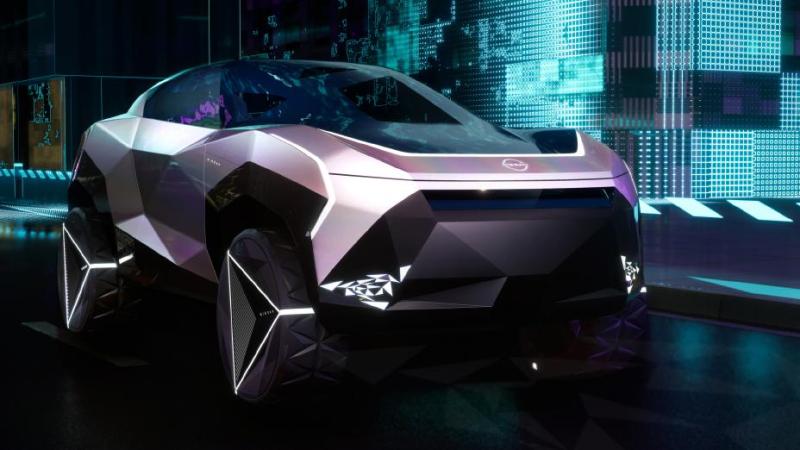
Inside, the focus is on blending tech with everyday usability. The cabin is expected to include a 12.3-inch digital instrument cluster and a 9-inch touchscreen in the center. It will also support the latest version of Nissan’s ProPILOT driver assistance system.
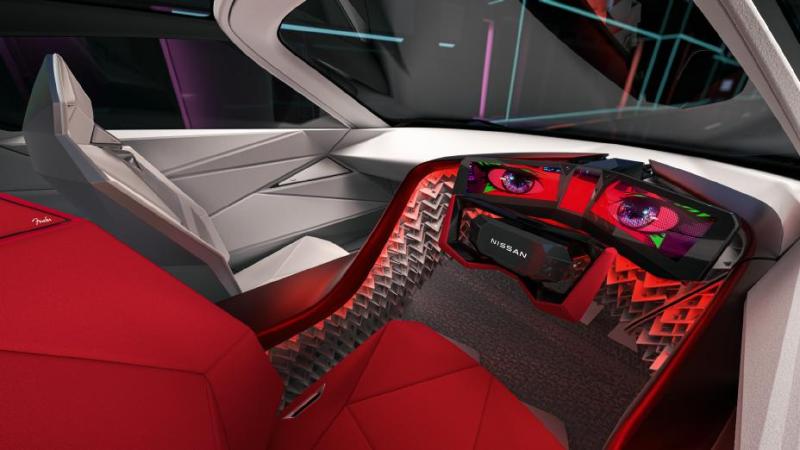
The Electric Juke Enters a Crowded Compact EV SUV Market
The electric Juke will go up against some tough rivals, including the Jeep Avenger EV, Kia EV3 and Renault 4 EV. Most of these offer solid range, typically between 300 and 400 km under WLTP standards, and fast charging that brings the battery to 80% in about 30 minutes.
To stand out, the Juke EV will need to lean into smart tech and bold personalized design.
Gas-Powered Juke Still in Demand as EV Market Heats Up
In the first seven months of 2025, Nissan delivered 78,397 units of the gas-powered Juke in Europe. That number shows there’s still strong demand for traditional engines.
In the compact SUV segment, where buyers are more price-sensitive, the electric Juke is expected to cost around 15 to 20 percent more than its gas sibling. That could make some customers think twice.
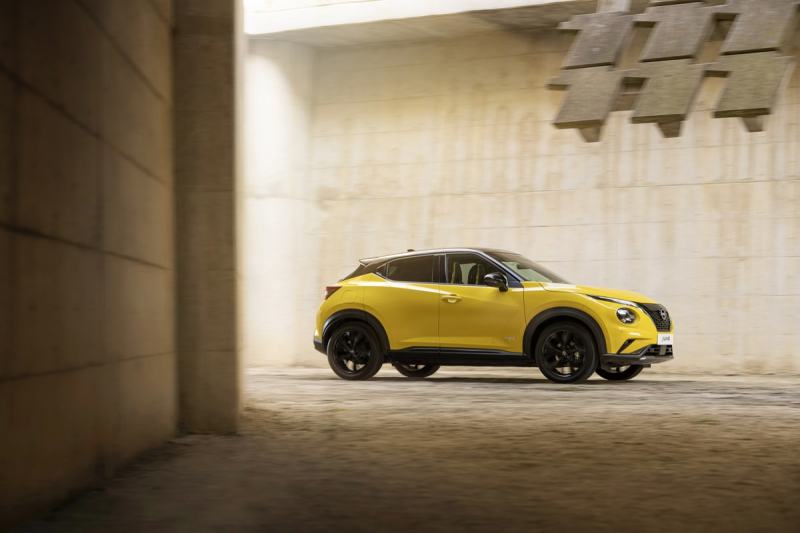
Nissan May Keep Gas-Powered Juke on Sale Longer
Alexandre Armada, who leads small car product planning for Nissan Europe, told Auto News that the company is thinking about keeping the current gas-powered Juke on the market longer. The plan is to sell it alongside the upcoming electric version.
The move comes as EV adoption rates vary widely across Europe. Western countries are seeing strong growth in electric sales, but Central and Eastern Europe still rely heavily on gas-powered models.
As Nissan’s second best-selling model in Europe after the Qashqai, the Juke needs to meet the needs of very different markets.
Gas-Powered Juke Will Keep Its Current Engines with Emissions Upgrades
The gas-powered Juke will stick with its current engine lineup, including a 1.0-liter turbo three-cylinder with 114 horsepower and a 1.6-liter hybrid setup making 143 horsepower. Both will get updates to meet stricter emissions rules.
One of the biggest technical hurdles is the upcoming Euro 7 standards in Europe. To stay compliant, Nissan engineers are working on improvements to the particulate filter and catalytic converter systems.

Electric and Gas-Powered Juke to Be Built on the Same Line
The next-gen Juke, both electric and gas versions, will roll off the same production line as the Leaf and Ariya at Nissan’s Sunderland plant in the UK. The factory recently got a £3 billion upgrade to support electrification, with battery production capacity now hitting 9GWh.
This centralized setup helps Nissan keep costs down and stay flexible as demand in Europe shifts. Sources say Sunderland is already prepping for Juke EV trial runs, but the final go-ahead for full production depends on how the market develops and company decisions.
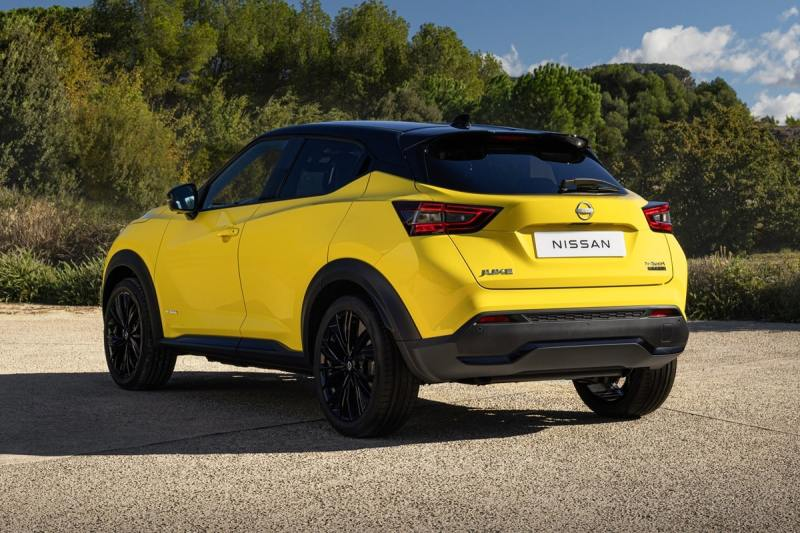
Nissan Delays Its Electrification Push
Nissan isn’t just holding off on phasing out the gas-powered Juke. The electric Qashqai planned for 2027 has been pushed back, and production of the 2026 Leaf has been scaled down.
Over in the U.S., plans to build two electric models at the Canton, Mississippi plant have also been delayed. These moves show Nissan is slowing down its “Ambition 2030” strategy to find a more realistic pace between bold goals and market realities.
The changes around the Juke could be a sign of what’s coming for traditional automakers shifting to electric. We’re likely to see more brands take a gradual approach instead of a full-on revolution, especially in mainstream segments.
If any infringement occurs, please contact us for deletionFollow Us
Trending News
Musk announced: Tesla drivers can watch videos and play games while driving in 3-6 months
LienAug 07, 2025, 11:48 AM

【PCauto】Tesla CEO Elon Musk has recently announced on X that the company will roll out a new feature within 3 to 6 months allowing drivers to play in-car games while driving, provided it is permitted by local regulations.
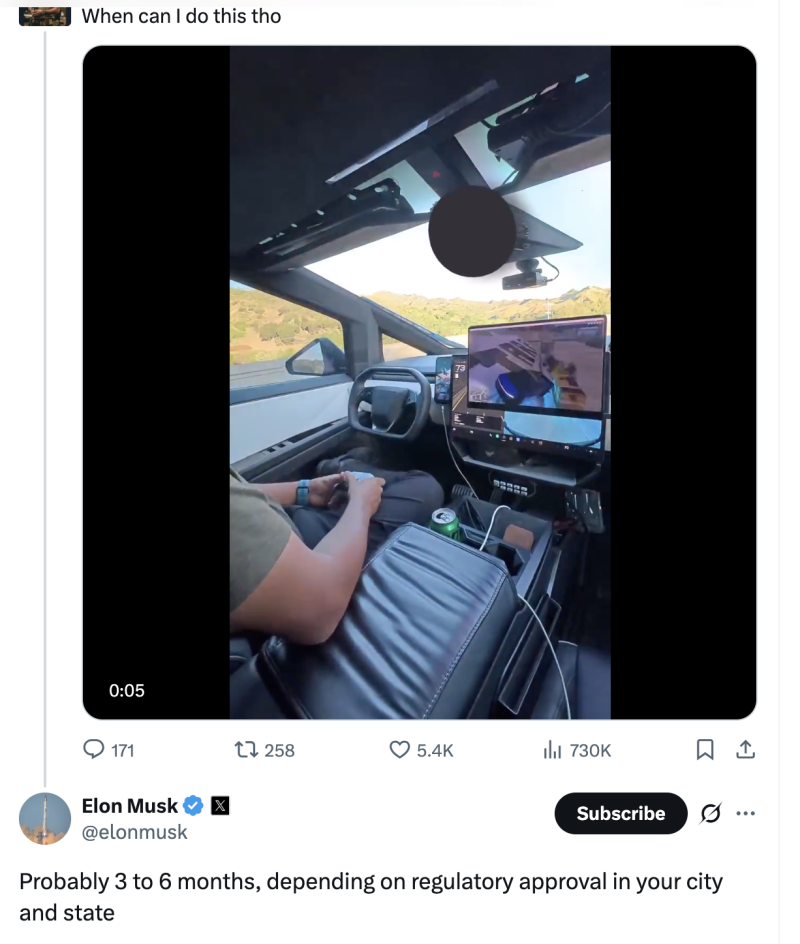
The feature will run via the central touchscreen. Although a warning message, “for passenger use on” will appear, there is no technical barrier preventing drivers from operating the games, once again placing Tesla under regulatory scrutiny over its driver assistance systems.
NHTSA Already Critical of Tesla’s Driver Monitoring System
According to a demonstration video, the new feature lifts the existing restriction that limits gaming to when the car is parked, allowing large-scale games such as Grand Theft Auto to run while the vehicle is in motion under Autopilot.
Tesla claims that the system will use the in-cabin camera to monitor driver attention and will immediately pause the game if signs of distraction are detected.
However, a recent investigation by the National Highway Traffic Safety Administration (NHTSA) found serious flaws in Tesla’s current driver monitoring system. On average, the system takes up to 7.8 seconds to detect that a driver’s hands have left the steering wheel while Autopilot is engaged.
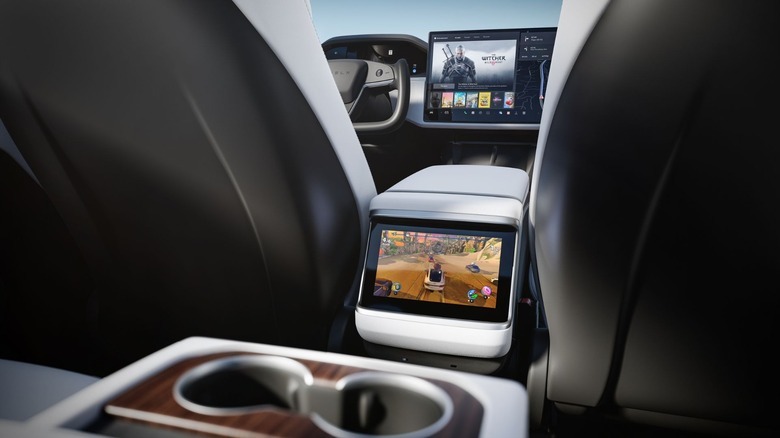
Governments and Regulatory Bodies Push Back Against Tesla’s New Feature
The NHTSA has launched a special investigation into relevant matters, stating that the feature may violate Federal Motor Vehicle Safety Standard (FMVSS) No. 130, which mandates measures to prevent driver distraction.
Even more concerning, Euro NCAP (the European New Car Assessment Programme) has explicitly warned that if Tesla insists on proceeding with the feature, vehicles like the Model 3 and Model Y will lose their five-star safety ratings.
Meanwhile, a representative from China’s Ministry of Industry and Information Technology (MIIT) indicated that such a feature would be highly unlikely to pass the regulatory approval process required for new vehicle launches under current standards.
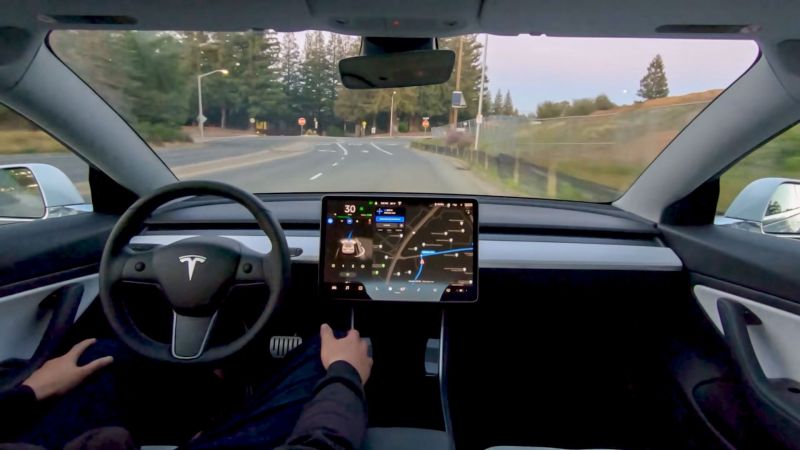
Tesla’s Safety Record Adds Fuel to the Controversy
According to NHTSA data, Tesla vehicles accounted for 76% of all U.S. traffic accidents involving Autopilot in 2024. Notably, in 23% of those cases, drivers were actively using the in-car entertainment system at the time of the crash.
Germany’s Federal Motor Transport Authority (KBA) also identified a technical loophole, finding that in 12% of cases, Tesla drivers were able to bypass restrictions and access parked-mode gaming features while the vehicle was in motion.
Tech Giants Voice Support, in Stark Contrast to Cautious Governments
In contrast to the cautious stance of traditional carmakers, some tech companies have voiced support for Tesla’s approach. Google Waymo’s Chief Technology Officer stated that “Full autonomy is meant to liberate human attention.”Meanwhile, internal documents from Apple’s automotive division revealed that its upcoming immersive AR cockpitincludes similar entertainment functionalities.
This clash of philosophies turned into a public debate at the Munich Digital Life Summit, where Daimler’s CEO accused Tesla of “turning public roads into arcades,” while Elon Musk fired back, saying, “People once tried to ban cars in the age of horse-drawn carriages, too.”
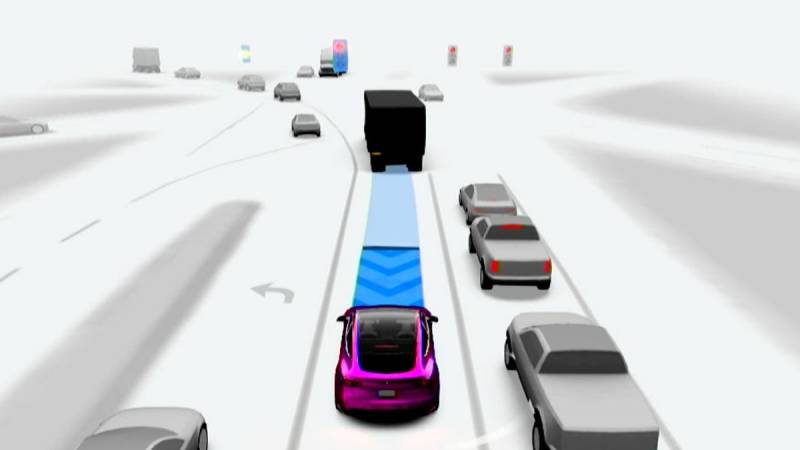
As Phase II of the EU’s General Safety Regulation (GSR) is set to take effect and the U.S. Autonomous Vehicle Act heads to a Senate vote, Tesla’s move could accelerate the development of a global regulatory framework for intelligent vehicles.
This high-stake battle over the boundaries of technological innovation has implications far beyond the automotive industry. It has become a real-world test of how societies balance responsibility and freedom in the AI era. With regulatory bodies around the world weighing in, the next 90 days may mark a critical turning point in the history of smart mobility. If approved, the feature could give rise to a new in-car gaming industry worth an estimated $1.2 billion annually. If rejected, Tesla could face sunk costs of up to $470 million in R&D.



